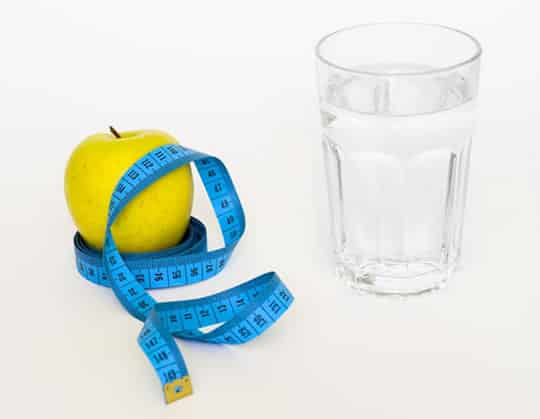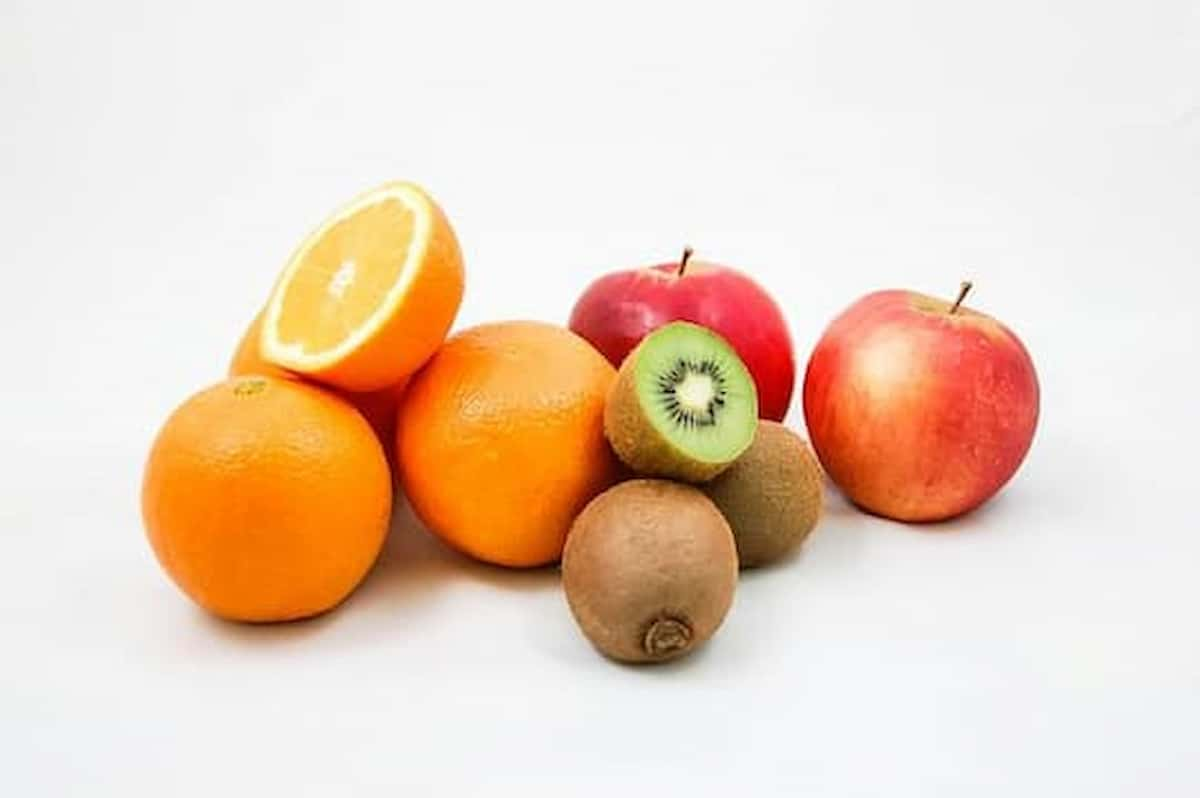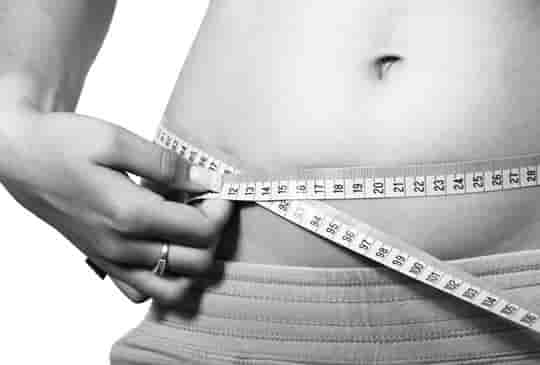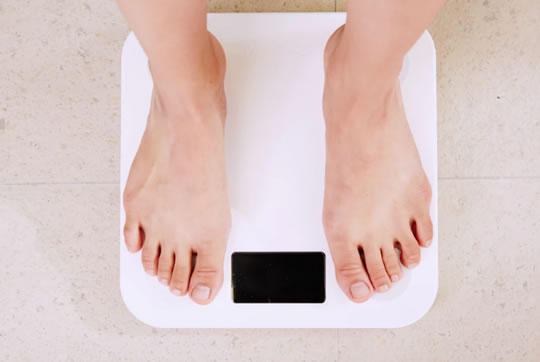A drink that supports weight loss with healthy nutrients that the body needs.
People who drink more milk lose twice as much weight, research finds.
As little as two-thirds of a glass of milk could increase weight loss by 10 pounds.
Over the six months of the study, milk drinkers lost almost twice as much weight as those drinking less or no milk.
Other dairy products that contain calcium and vitamin D should work just as well.
Research has linked higher levels of both calcium and vitamin D to greater weight loss.
Vitamin D helps the body to absorb calcium.
Unfortunately, around half the world’s population is deficient in vitamin D, while 50 percent of the obese are deficient in calcium.
The study’s write:
“Vitamin D increases calcium absorption into the bloodstream.
It is obtained by sun exposure, from food (mainly fish liver oils, fatty fish, and eggs), fortified foods (such as milk, yogurt, margarine, oil spreads, and breakfast cereal), and supplements.”
For the study, 322 were put on a low-carb, low-fat Mediterranean style diet and tracked for two years.
The results showed, though, that following the diet was not linked to weight loss.
Instead, those that drank more milk had more weight loss.
Those who drank little milk lost only 7 pounds, while those who drank more lost 12 pounds.
The authors explain:
“In summary, our findings suggest that both higher consumption of dairy calcium and increased serum vitamin D are independently associated with successful weight loss.
The causal relation between these factors needs further clarification.”
Calcium deficiency has been linked to larger waistlines, more body fat and higher levels of ‘bad’ cholesterol.
People in the study who lost most weight consumed an average of 580mg of calcium per day.
This is the amount contained in around two glasses of milk.
The study’s authors write:
“The 2005 Dietary Guidelines for Americans include a recommendation for 3 cups (720 mL) of milk per day, an amount that was shown to be beneficial for weight loss in our study.”
The study was published in the American Journal of Clinical Nutrition (Shahar et al., 2010).










